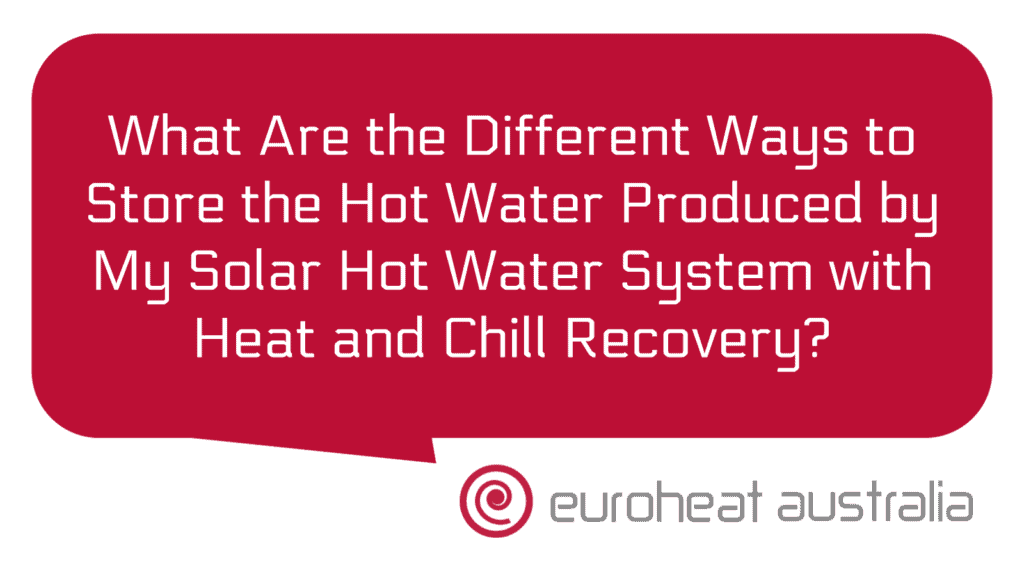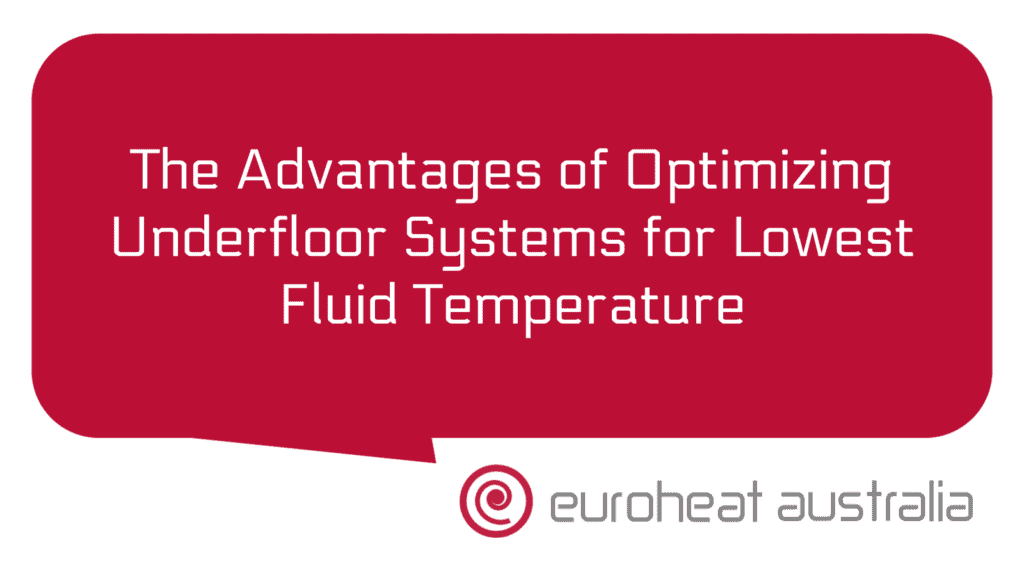Storing hot water produced by a solar hot water system with heat and chill recovery can be done in a variety of ways, depending on the size of the system, the amount of energy needed, and the amount of space available. The most common ways are to install a storage tank, use an insulated vessel, or use a heat exchanger. All these options provide an efficient way to store and utilise the thermal energy produced by your solar hot water system.
A storage tank is probably the most traditional method for storing hot water produced by your solar hot water system with heat and chill recovery. It’s also one of the most cost-effective options as there are no additional costs associated with installing or maintaining it. Storage tanks come in various sizes and capacities, so you’ll need to determine which one is right for your needs. Generally speaking, a larger storage tank will be able to store more energy while providing better performance than a smaller one. It’s also important to note that these tanks should be made from materials that won’t corrode over time, such as stainless steel or copper.
An insulated vessel can also be used to store hot water from your solar hot water system with heat and chill recovery. This type of vessel is designed to keep heated water warm for longer periods of time without losing its temperature quickly. This makes them ideal for storing large amounts of energy over long periods of time. The downside is that they tend to be more expensive than storage tanks due to their construction costs. Insulated vessels are usually made from materials such as polyurethane foam or fibreglass insulation so they can withstand extreme temperatures without deteriorating too quickly over time.
Finally, you can also use a heat exchanger to store your heated water from your solar hot water system with heat and chill recovery. A heat exchanger works by transferring thermal energy between two different liquids without mixing them together directly. Heat exchangers are typically used in industrial applications where large amounts of thermal energy need to be stored and utilised efficiently over long periods of time at relatively low cost. They’re also great for storing thermal energy produced by your solar hot water system since they don’t require any additional space like a storage tank or insulated vessel would do and they offer better performance than both those options due to their efficient design.
No matter which method you choose for storing thermal energy produced by your solar hot water system with heat and chill recovery, you’ll be able to benefit from significant cost savings on electricity bills thanks to its ability to reduce reliance on grid power in order to meet demand during peak hours when prices tend to increase significantly compared to other times during the day or night when demand is lower. Additionally, having an efficient way of storing thermal energy will let you take advantage of renewable sources like sunlight even when it isn’t available directly through pv panels like during cloudy days or at night-time when there is no solar radiation available at all – this can further reduce electricity bills even further as well as being good news for our environment since renewable sources don’t emit greenhouse gases into our atmosphere like fossil fuels do!
Installing hydronic heating & cooling systems such as those offered by Euroheat Australia – Perth engineers & installers that design & construct hydronic heating & cooling systems with 30 years experience – allows homeowners in Australia an easy way access the benefits offered by using this type of technology in their homes or commercial properties! By using Euroheat’s design & installation services you’ll get access not only top quality products but also expert advice on how best configure these systems according optimise performance while minimising user maintenance requirements – meaning once it’s up & running it’s all taken care off! Furthermore Euroheat also offers customised solutions tailored specifically for each customer so if you have any special requirements then make sure you give them call – they’re always happy help out where possible!





